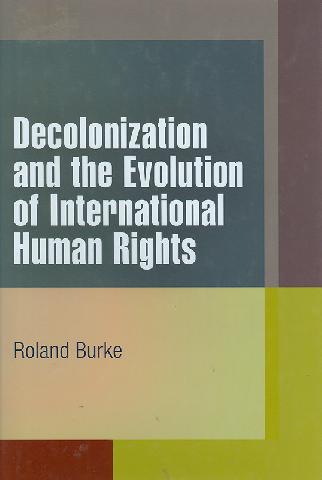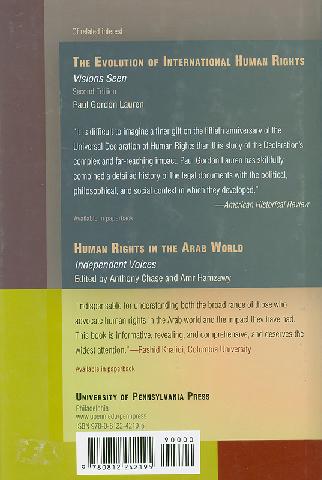|
E-mail record
|
|


Decolonization and the evolution of international human rights / Roland Burke
| สถานะ | ||||
หนังสือทั่วไป | JC571 B959 2010 Barcode: 30100100110928 | ►มุมหนังสือทั่วไป | บนชั้น ขอยืม | |
| รายการใกล้เคียง หัวเรื่อง [Human rights] |
แสดงความเห็น
ยังไม่เคยถูกคอมเมนท์
| คอมเมนท์ทรัพยากรรายการนี้ |
|
Copyright © 2026 ศูนย์สารสนเทศสิทธิมนุษยชน. All Right Reserved
/SC.gif&client=PUTACCOUNTHERE)